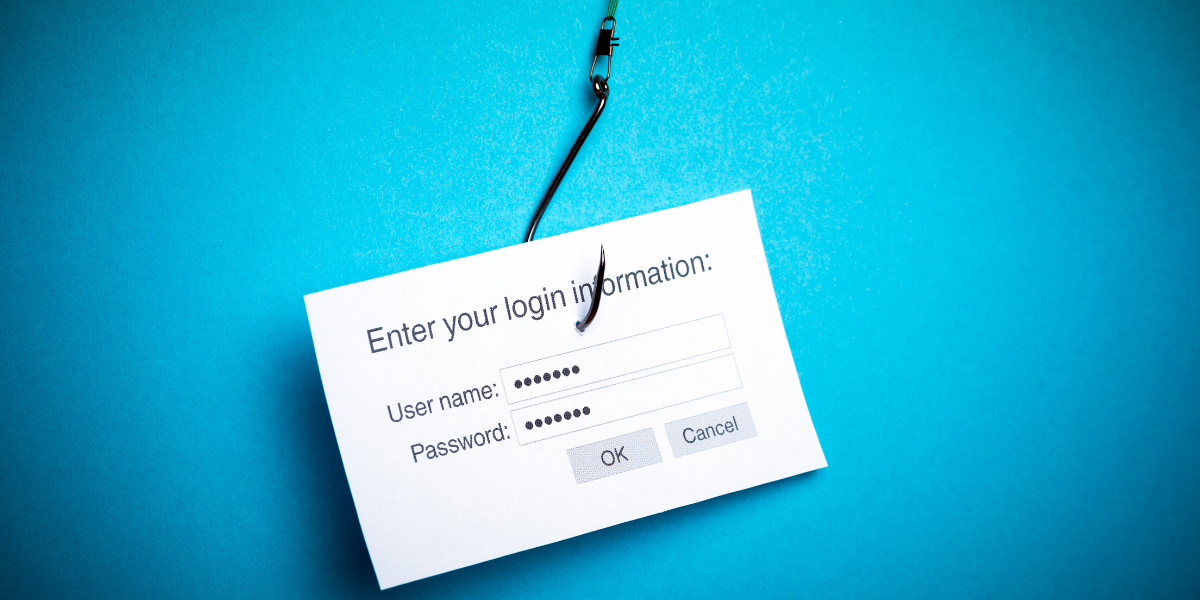The Postal Police report a significant increase in online crime compared to ‘traditional’ crime: the scam is based on the particular sensitivity of the moment, on the fear of being infected by Covid-19 and also on the desire to make donations to hospitals rather than to various associations.
Computer scams are nothing new, phishing remains the most common: this scam is carried out by sending an email with the counterfeit logo of a credit institution rather than a company or government body and then asking the recipient to provide confidential data (such as credit card number or password to access the home banking service), justifying this request with technical reasons.
In its press release of 30 June 2020, the Italian Revenue Agency itself invites users to “immediately trash e-mail messages whose subject line reads ‘THE DIRECTOR OF THE AGENCY’ and whose text invites users to view Office documents contained in an attached .zip file to verify the compliance of their payments. The emails, in fact, although falsely bearing the logo, do not originate from the Agency, but constitute an attempt to acquire confidential information of the recipients”.
Should you receive an email from the Inland Revenue Service, then be alarmed! Notifications of taxpayers’ personal data and related payments are never sent by post and can only be consulted in the Cassetto Fiscale and by accessing the reserved area on the income revenue authority website.
Truffe on-line e Covid-19
What distinguishes the scam in this particular historical period is precisely the bait that is used to catch the attention of the recipients, which is the Coronavirus.
As we have also seen in the past with the occurrence of major events, such as the attack on the Twin Towers or the Ebola epidemic, the first opportunity they tried to exploit was the hungerfor information: inboxes were clogged with fake e-mails promising cures, carrying alarming announcements or bearing false messages from health personalities. All contain an attachment or link that can install spyware, ransomware or remote control programs.
Beware of fake e-mail login pages! A new malspam campaign has emerged, in fact, which tries to steal email credentials from victims using phishing sites: the text invites the user to solve the problem of certain messages not being sent by clicking on a link. This takes the user to a page that apparently looks like the mail login page, but which in fact only serves to steal the password.
Not only the subject matter, but also the target audience and different habits in recent months affect the effectiveness of this kind of scam.
The first quarantine and the subsequent choice of many companies to let their employees and collaborators work from home in smartworkinghave certainly allowed the scammers to find a fertile ground and audience on which to act!
And maximum attention is also paid to the social media that we all use: the Criminal Hacker uses covid-19 as a pretext for an act of generosity: a post on Facebook or a tweet containing malicious links imitating some fundraising or charitable initiative. What hackers want to achieve from social media is for the reader to click and provide personal information or sign up for expensive services or, even better, to share the post with friends in order to attract even more victims.
It is therefore clear that online dangers have grown exponentially in recent months and that it is necessary to be very careful and protect oneself against these kinds of cyber threats.
Protect your computer with IT solutions
For these reasons, IT solution decided to create a campaigncalled CYBER SECURITY SUMMER to provide the necessary security for users and companies.
With cyber security summer, IT solution is offering its customers three unique promotions aimed at providing the necessary security through the assistance of a team of IT professionals.


